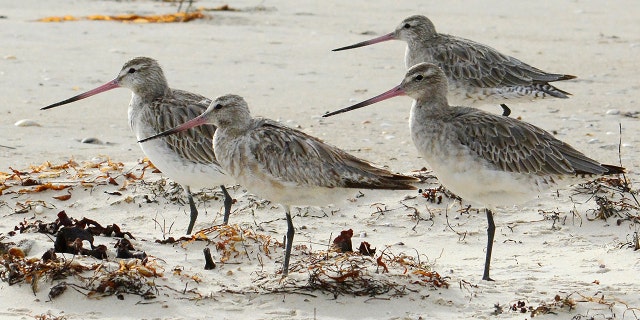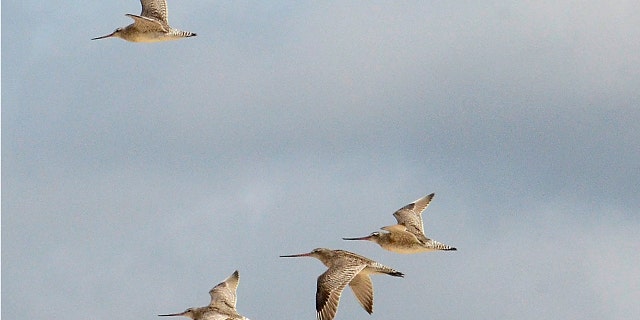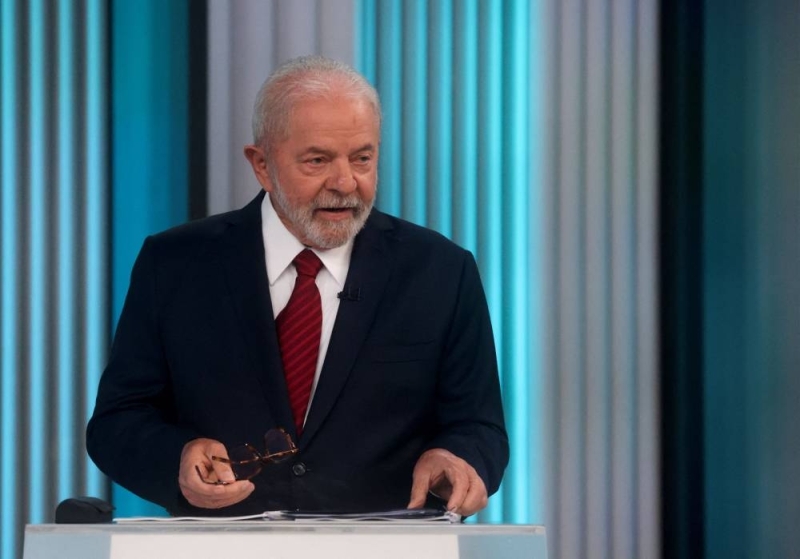April Siese
Daily Kos Staff
Friday October 28, 2022 ·

Exxon CEO Darren Woods has proven time and again to care little for anything but enriching the company he oversees—and himself.
It’s become so commonplace for me to write up the bad actions of oil and gas CEOs who—without fail—continue to build on their pristine track records of doing the exact wrong thing, that I had multiple photos of Exxon CEO Darren Woods to choose from for this piece. Woods joins Shell CEO Ben van Beurden in helming a fossil fuel giant seeing eye-popping profits for yet another quarter, with both companies poised to set records for their annual profits. As with Shell, Exxon has no interest in following President Biden’s advice of alleviating consumer burden.
What makes Exxon unique is the logic Woods employed to explain why he’d rather continue share buybacks than lower prices for consumers. “There has been discussion in the U.S. about our industry returning some of our profits directly to the American people. In fact, that’s exactly what we’re doing in the form of our quarterly dividend,” Woods said in a series of prepared remarks prior to the company’s Friday earnings call. It’s fair to say that’s exactly the opposite of what Biden wants.
Biden’s tweet that “giving profits to shareholders is not the same as bringing gas prices down for American families” should go without saying. Also unspoken, but well understood? Most Americans don’t have individual shares to benefit from when it comes to oil and gas investment. Individual stakeholders account for less than 1% of Exxon’s shareholders.
Biden similarly shot back at Shell during an event in Syracuse, New York, on Thursday. Speaking at Onondaga Community College about chip manufacturing investments, Biden took the time to call out Shell and all five major oil producers for their blatant greed.
“Last quarter, the five largest oil companies made—in the last quarter—$70 billion in profit in 90 days,” Biden remarked. “And Shell announced just [Thursday] morning that it made $9.5 billion in profits in the third quarter: $9.5 billion. That’s more than twice of what they made in third quarter of last year. And they raised their dividends as well, so the profits are going back to their shareholders instead of going to the pump and lowering the prices.”
Raising dividends has been the norm for Exxon, as Woods noted in his prepared remarks. Woods boasted that the company had been increasing its annual dividends for 40 consecutive years. There is no indication from Exxon that that pattern will change, nor does it seem like the company has any interest in changing its ways when it comes to how it does business.
“We seek stable policies designed to attract large and steady investment in an ‘all-of-the-above’ energy future,” Woods concluded prior to the Exxon quarterly earnings call. “One that recognizes both the need to reduce greenhouse gas emissions, and, equally important, one that emphasizes the ongoing need for reliable, affordable oil and natural gas.”
If the phrase “all of the above” sounds familiar, it’s because it’s one that oil and gas companies have been pushing politicians to use in pursuit of keeping their companies afloat. Hell, it’s one of Sen. Joe Manchin’s favorite phrases. Oil and gas companies shouldn’t be dooming our future, nor should they doom our present with their greed.




:quality(70)/cloudfront-eu-central-1.images.arcpublishing.com/thenational/ZCC333BGIG7YOS2E2ZCZI6VUJU.jpg)













